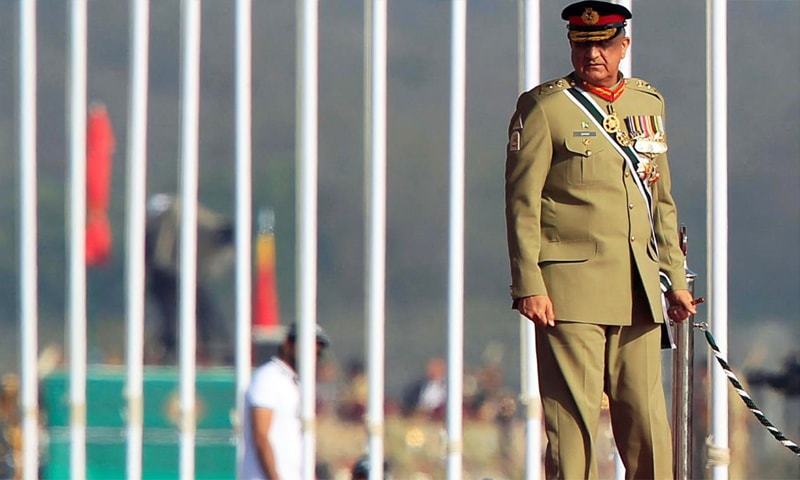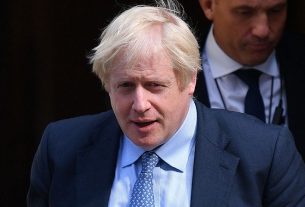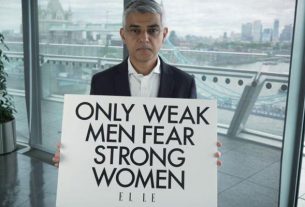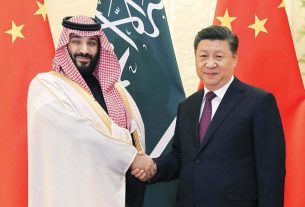WASHINGTON: The military has retained a dominant influence over foreign and security policies in Pakistan, according to a US congressional report released on Wednesday. But it also noted that the country’s army chief is a non-political professional.
The report, prepared for US lawmakers by the bipartisan Congressional Research Service (CRS), comes amidst growing concern in Washington over the Kashmir dispute. Last week, a US think tank warned that if not checked, the Kashmir crisis could lead to yet another war between the two countries, with dangerous consequences for all, as both nations now have nuclear weapons.
Policymakers in Washington also believe that the army will play a decisive role in determining how Pakistan responds to the Kashmir crisis and apparently that’s why the CRS prepared a brief for US lawmakers on the army’s role in the decision-making process.
Noting that Chief of Army Staff Gen Qamar Javed Bajwa got a three-year extension earlier this month, the report added: “He is widely described as being professional and non-political.”
The report noted that although the army had removed three civilian governments in the past 72 years, it did so “through explicit or implicit presidential orders”.
The report pointed out that Prime Minister Imran Khan “animated many younger, urban, middle-class voters by emphasising anti-corruption and creation of a welfare state that provides better education and health care”.
But his “effort has foundered due to the country’s acute financial crisis, and a need for new foreign borrowing and government austerity”.
The PTI government, however, has a comfortable arrangement with the military and “most analysts see Pakistan’s military establishment continuing to retain dominant influence over foreign and security policies”, the CRS added.
The report noted that the general election last year had led to “a dramatic end to the decades-long domination of Pakistan’s national politics by two dynastic parties, as the relatively young Pakistan Tehreek-i-Insaf swept a large plurality of NA seats”.
In an earlier report, the CRS quoted US officials as saying that vital US interests … related to terrorism, Afghanistan, nuclear proliferation, India, democratisation and human rights, and economic development” were at stake in Pakistan.
The report expressed concern over the deployment of new nuclear weapons in the region, Pakistan’s close strategic and economic partnership with China and emphasised the need for counter-terrorism cooperation with Islamabad.
The report also reviewed Pakistan’s economic and fiscal crisis, pointing out that it remains a poor country with high rates of inflation and unemployment, and sometimes acute food, water, and energy shortages.
The report noted that the country’s economic growth had been solid in recent years, but was well below that needed to keep pace with population growth.



